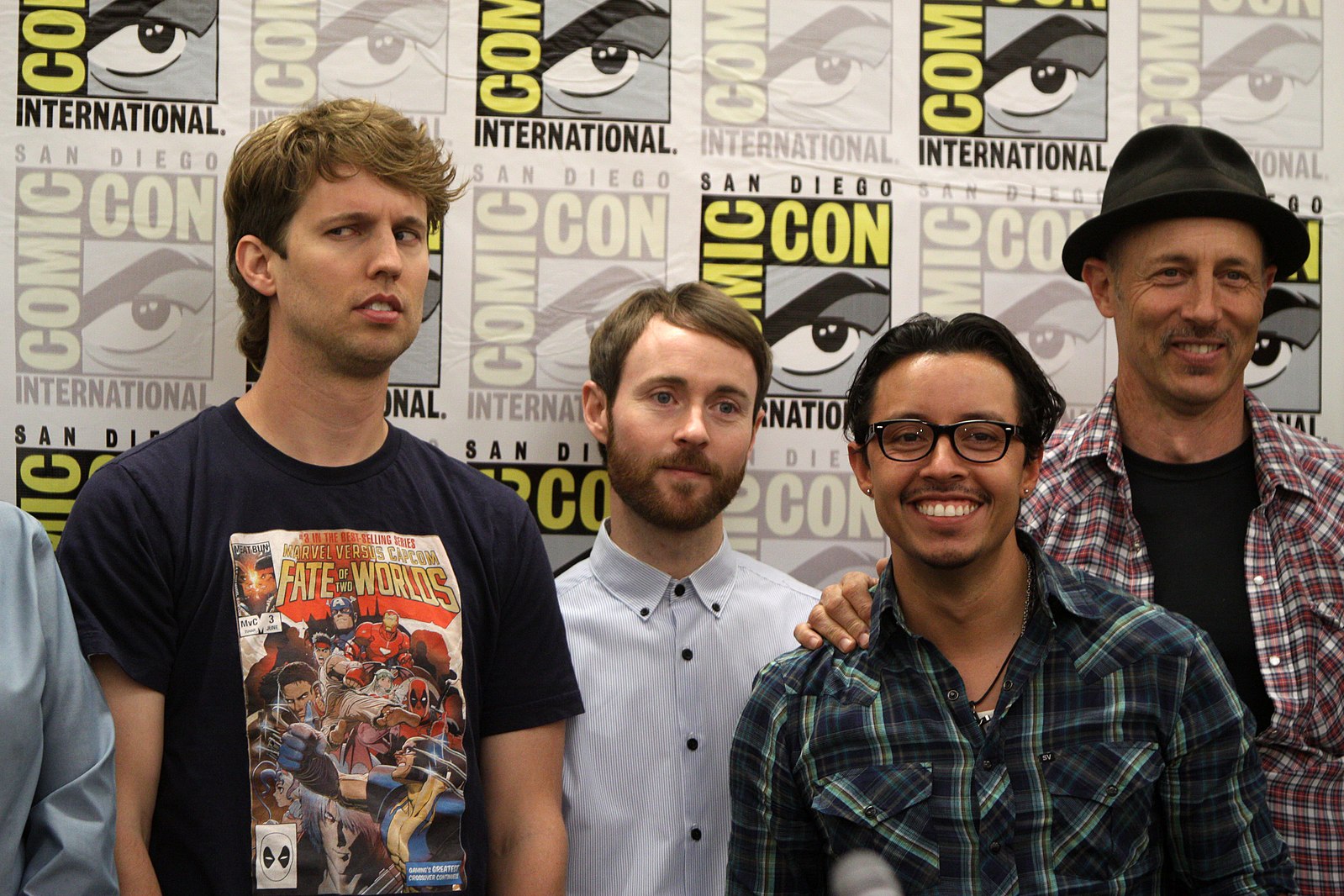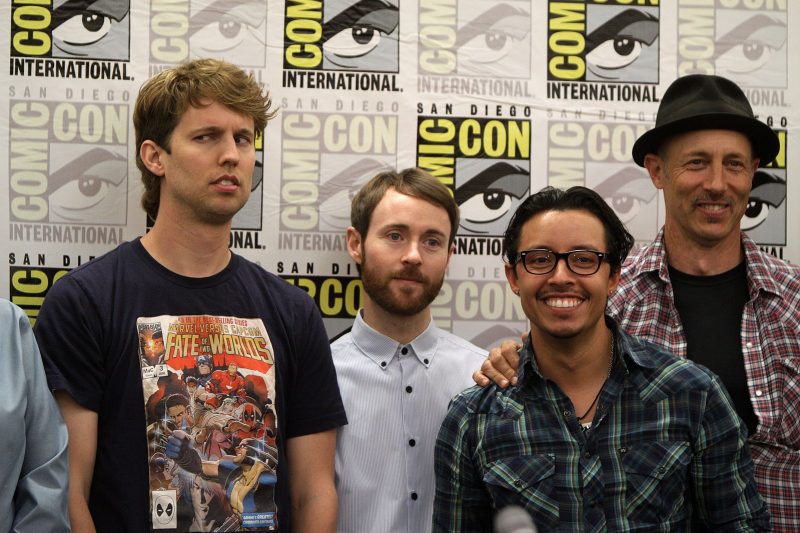Napoleon Dynamite and the nerd revolution


For a society that once bullied nerds into oblivion, we’ve certainly done a 180° on them over the last two decades. Perhaps it is correlated with the rise of nerdy products dominating pop culture. There was a time when talking about Star Wars, Lord of the Rings, and superheroes was a one-way ticket to wedgie town.
Perhaps we can gain more insight into this question by asking when we began celebrating nerds. When was it? It was in 2004 with the release of Napoleon Dynamite.
Of course, nerds have been a fixture in pop culture long before the titular Napoleon burst onto the scene. Revenge of the Nerds (1984) was one of the first movies to embrace nerds at the expense of their jock adversaries. While this film gained plenty of acclaim and notoriety, it didn’t remain within the public consciousness for very long. The films of John Hughes essentially defined the nerd persona for a generation in an Anthony Michael Hall-shaped mold with classic films like Sixteen Candles (1984), The Breakfast Club (1985) and Weird Science (1985). However, to claim that these nerds were celebrated would be an exaggeration.
Jared Hess’ Napoleon Dynamite (2004) jump-started our modern conception of the nerd. Jon Heder, who portrayed Napoleon, deserves a lot of the credit. With his awkward, off-beat performance he created a cinematic icon. His bizarre look, strange way of speaking and the peculiar topics he was interested in serving as the foundation for how nerds would be portrayed over the next 20 years.
After rewatching the film, I couldn’t believe how much Napoleon reminded me of another iconic nerd that would come after him; Dwight K. Schrute. The glasses, weird hair, interests and even their flat manner of speaking. I find it hard to believe that without Napoleon, there would still be a Dwight, or at least a Dwight that would become so beloved.
During the climax of Napoleon Dynamite, Napoleon receives a standing ovation from his classmates. Unlike most of the preceding nerd depictions, here a film celebrates a nerd, and the audiences reciprocate this adoration. Through all of his weirdness, there is something about Napoleon that is endlessly relatable.
Napoleon spends much of the film as a loner. He has bizarre interests which other’s judge him for and to call him socially awkward would be like calling liquid magma humid. We all feel lonely, insecure and awkward sometimes. Napoleon is the embodiment of all of these issues so when he is vindicated by the end of the film it’s almost as if we have been vindicated as well.
Nerds today are at the epicenter of pop culture. The Big Bang Theory (2007-2019) was the most popular television sitcom for a time, and it’s a show entirely about nerds. Real-life nerds have gained massive followings and become unlikely celebrities such as Bill Gates, Steve Jobs, Stephen Hawking, Elon Musk, Neil deGrasse Tyson, George Lucas, Stan Lee and the list goes on.
I’m not saying that Napoleon Dynamite was the cause of the nerd revolution, but he still represented something significant. Napoleon Dynamite represented a massive shift in the public’s perception of nerds and nerd culture. He has not been forgotten; he’s still being dressed up and is constantly quoted. He represented something in all of us that we were, and perhaps still are, afraid to expose to the world. Napoleon wasn’t scared, though; he stayed true to himself, and was cheered as a result.
Perhaps to reach our full potential, we all ought to be more like Napoleon Dynamite.

